“But, really, the security against rising energy costs should be something that everyone is concerned with. Housing affordability has as much to do with operational and maintenance costs as it does with your mortgage payment.
Have an energy model or audit performed on your home and invest in improving its energy efficiency before you invest in solar. You will only realize a good return on your solar investment if you have an energy efficient home to begin with.
Think about where you use electricity in your home and how you can reduce how much you use.”
– Miki Cook
Miki Cook, Tell us a bit about yourself (your family, spouse, pets, hobbies, education, home etc.).
Married to my soul mate, couple of cats, a flock of backyard chickens and two healthy honey bee colonies (yes, I’m a beekeeper). I’m also an organic gardener and herbalist (have my own lines of organic skin care, herbal supplements, and organic culinary medicinal spice blends). I’ve been in school most of my life, still learning.
I’m a LEED-AP/Homes specialty. I spent my career in the homebuilding industry, been active in green building since 1997, consultant since 2006. My book, GREEN HOME BUILDING: Money-Saving Strategies for an Affordable, Healthy, High-Performance Home will be released on 7/11/14 (New Society Publishers). It was written to dispel the myth that green homes cost more and provides a template that anyone can build a truly green home on their budget. It includes a net zero energy model using onsite solar PV as the power source.
I designed and built my personal home in 2003. It is a passive solar design and energy efficient construction. I used the Austin Energy Green Building program as a template for design and construction decisions, but at that time they were not rating projects outside of the AE service area (my home is in northern Hays County). It was certified by Environments for Living, which provided both comfort and energy efficiency guarantees (no room more than 3 degrees off of the thermostat setting and guaranteed heating and cooling utility bills). I’ve never had any cause to file a claim on either of those guarantees.
What do you do for a living?
Green Building & Sustainability Consultant, Sr., Austin Energy Green Building, specialize in single-family residential green building education and certifications.
Why did you install solar on your home?
It was part of our ten-year plan when we built the home. Like most people, we could not afford to do everything that we wanted to do at the time of construction. Also, at that time (2003) solar photovoltaic technology development for residential applications was still in its infancy. And, like most new developing technologies, systems were very expensive and therefore did not provide a worthwhile return on investment. So, we designed and built the most energy efficient home that we could afford and knew that there would come a day when the “sweet spot” of technology and cost would make that investment worthwhile for us.
What are the benefits installing solar?
Personally, looking forward to retirement and knowing that our home energy costs will be protected from future cost increases. But, really, the security against rising energy costs should be something that everyone is concerned with. Housing affordability has as much to do with operational and maintenance costs as it does with your mortgage payment.
There’s also knowing that we are doing our part to support clean energy production locally, which both reduces the need for utility companies to provide power generation through fossil fuel burning plants and the need to invest in/maintain the vast transmission infrastructure that is required to deliver the wind power from west Texas or from other energy sourced at remote generation facilities.
Tell us about your solar install?
When we built our home we saw the long-term benefits of a metal roof but could not afford a concealed fastener (standing seam) system. So, we did a screw-down metal roof. One of our concerns with adding the solar system on the roof was the additional roof penetrations from the mounting brackets that might eventually lead to roof leaks. We solved this by choosing to build a carport and install the solar PV on that structure. That also allowed us to optimize the orientation and tilt of the roof to maximize our solar energy production.
How much have you saved in energy costs?
We just had our first-year anniversary of the installation a few months ago. We had, of course, reviewed our historic energy usage when we sized the system that we purchased, so we had expected to be very close to net zero. Like most people with that goal in 2013, we fell shy slightly, mostly due to recent unusual weather events (hotter summer, colder winter). But, because we have an “older” home, we will continue to make energy improvements as things need replacing (like a new A/C unit, or as we replace burnt our CFL’s with LED’s). We have what most would consider a “reasonably-sized” solar system for our home size (based on new construction criteria), so with a few remaining energy improvements we do expect to be net zero. We live very comfortably, but we are also aware and responsible with our energy use just as we are with water and other resources.
Have you made money, are you cashflow positive?
I guess that would be possible if you financed your system. We do expect, at current electric utility rates, to realize a complete payback in nine years. Like I said, going into retirement and seeing a day when you have repaid your initial investment and from then on it’s “free energy” is nice security, especially with so many uncertain future costs.
What would you say to someone who is investigating solar?
1) Have an energy model or audit performed on your home and invest in improving its energy efficiency before you invest in solar. You will only realize a good return on your solar investment if you have an energy efficient home to begin with. The money that you spend on improving energy efficiency will be saved by the related reduction in the size of solar system you will need to install to service the remaining loads.
2) Have a solar assessment performed on your site to determine whether solar is the right investment. If so, buy a good system sized to meet your needs and have it installed per recommendations to maximize energy production.
What fact did you learn about solar that you did not know previously?
There are significant differences in the production capabilities of panels on the market today. Be sure to ask questions about which panels and installation strategies will provide the best return on your investment. It’s not just about initial cost, it’s about payback. Spending a little more initially can double the return on your investment.
In addition to solar what else would you recommend that people look into?
We also have solar-thermal water heating (that is backed up by electric water heating, which can be provided by the solar PV system). Water heating is the second largest energy use in the home, so getting this load off the electric grid (when the sun is shining) helps to reduce the size of the solar PV system required for the home.
Is there anything else you’d like to add?
Think about where you use electricity in your home and how you can reduce how much you use. If you have an old “beer” refrigerator in your garage, it’s probably time to replace it with a new ENERGY STAR model. Turn off lights in unoccupied rooms, install a clothesline, open the blinds to let in natural daylight if you are at home during the day, and turn off those outside flood lights at night. You should do these even if you don’t install a solar system. Just as our water resources are being stressed by the drought, energy resources are also being stressed, especially during our long, hot summers. Each of us doing our part can mean a better quality of life for everyone over the long run.
Miki Cook Miki Cook Miki Cook Miki Cook Miki Cook Miki Cook Miki Cook Miki Cook


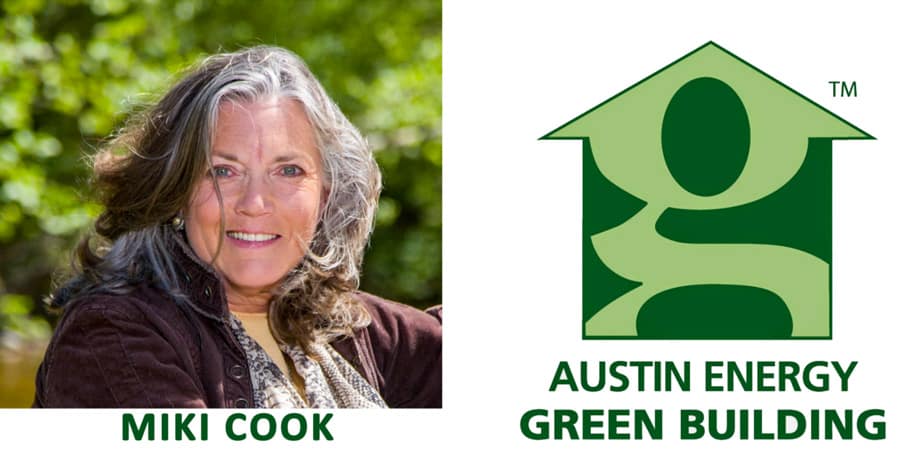
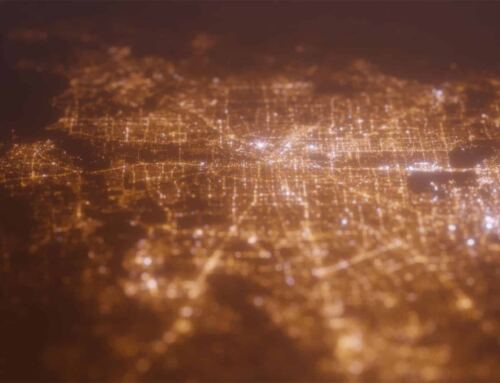
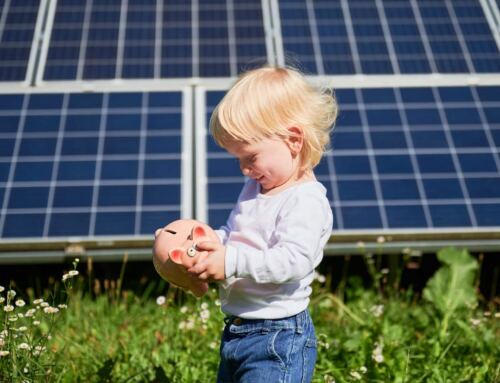
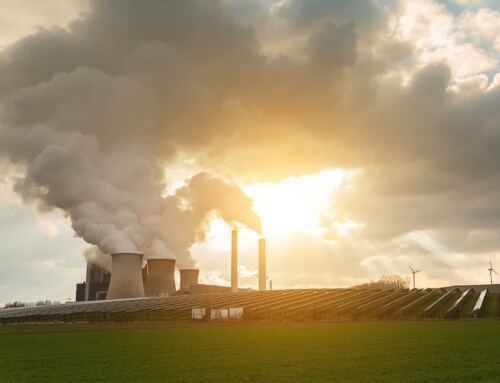
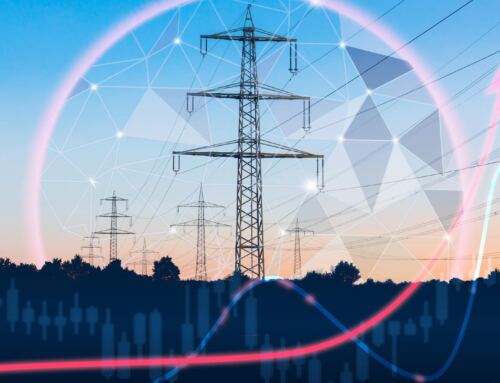
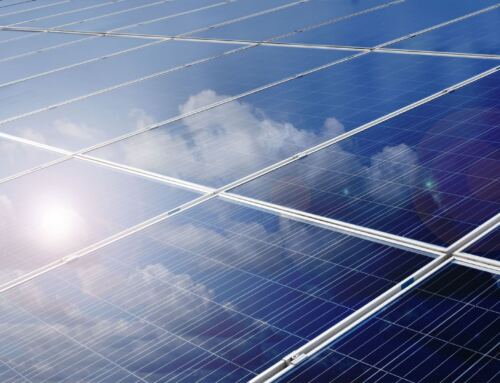
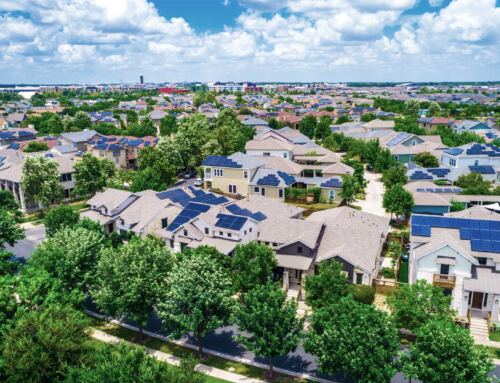
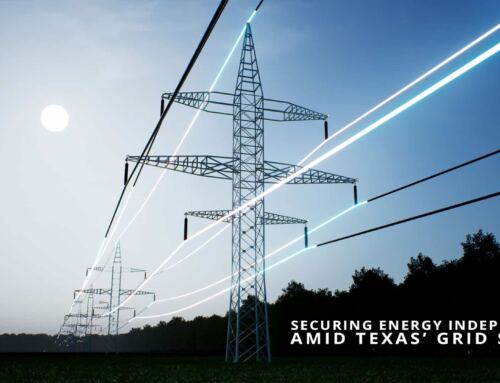
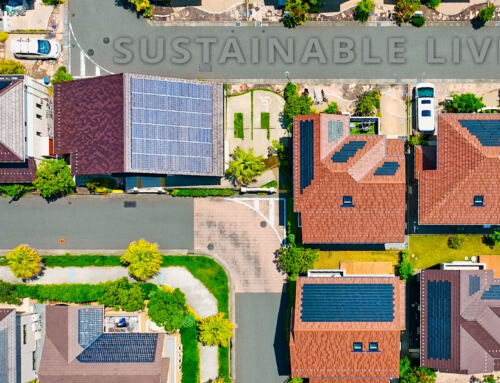
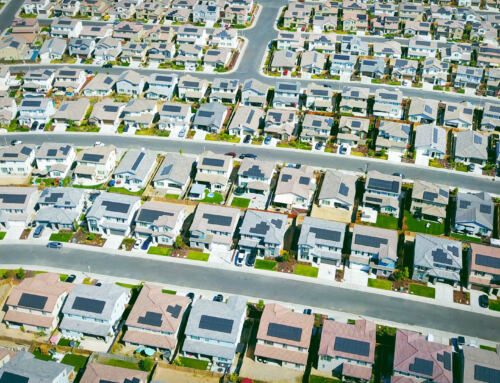
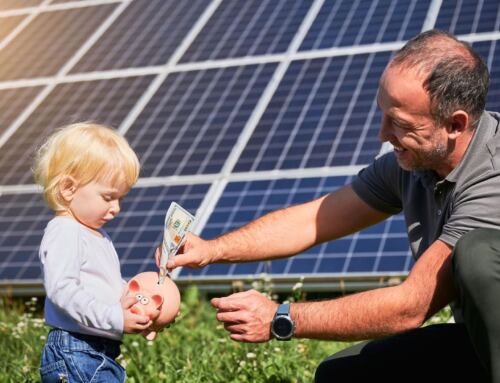
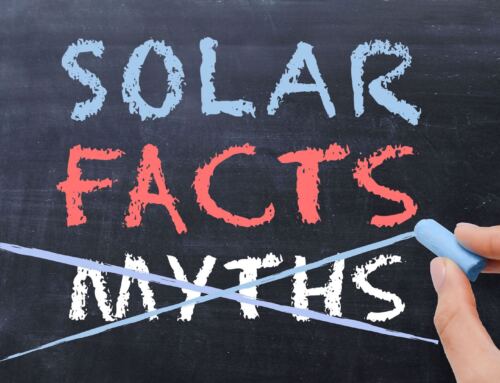
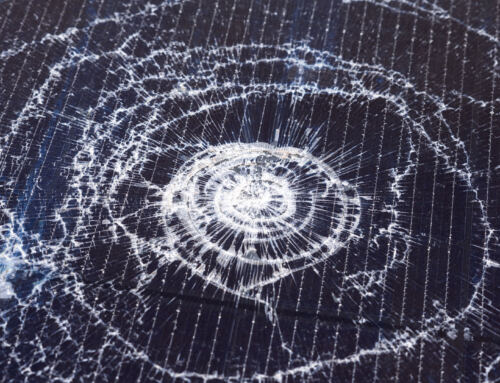
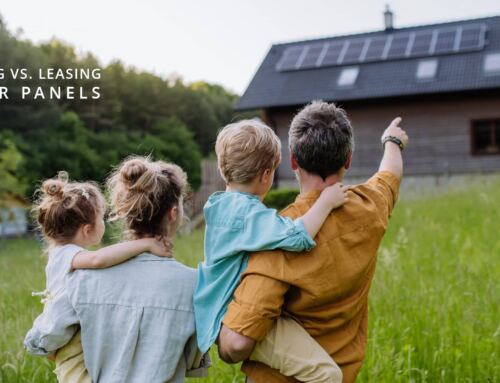
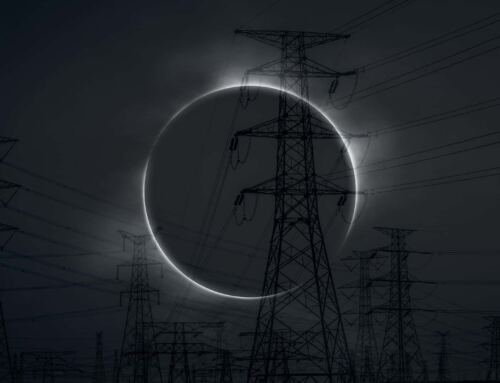
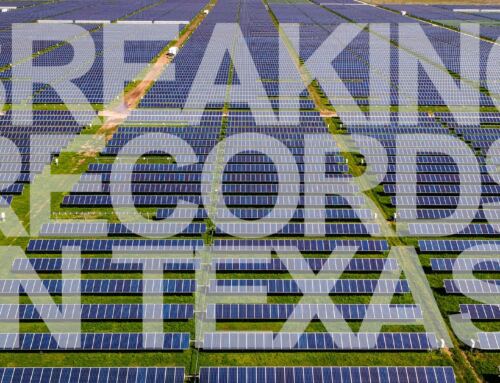
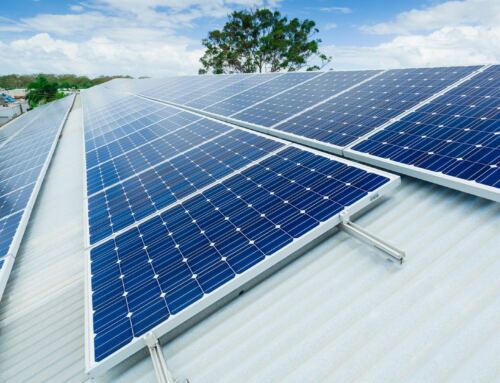
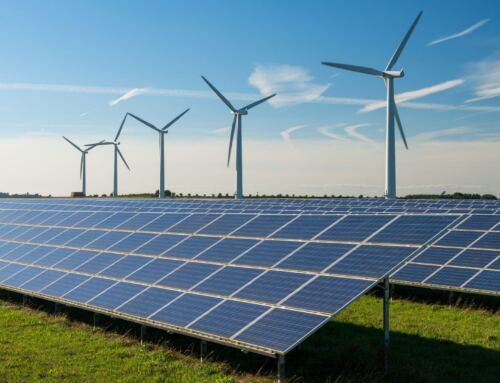
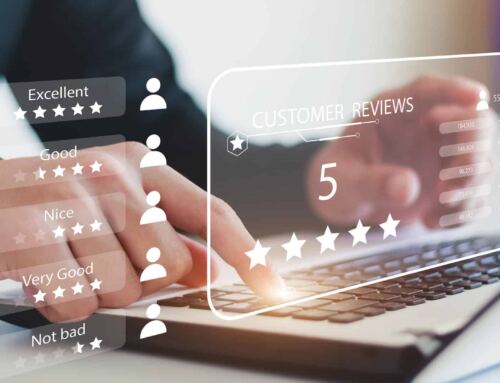
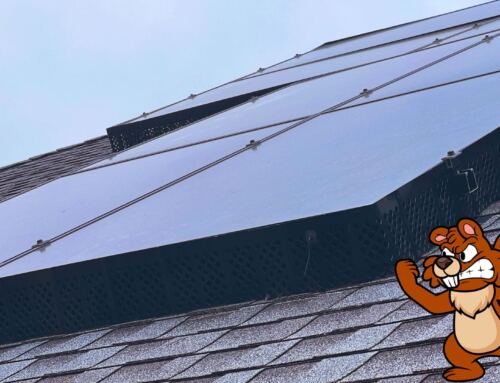

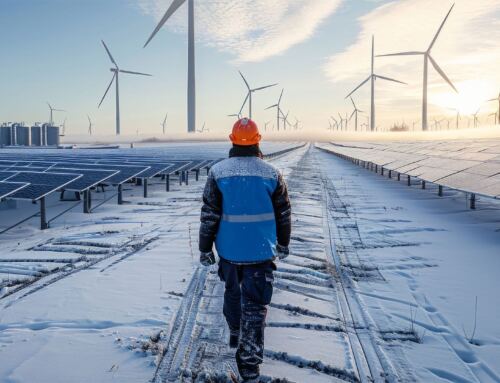
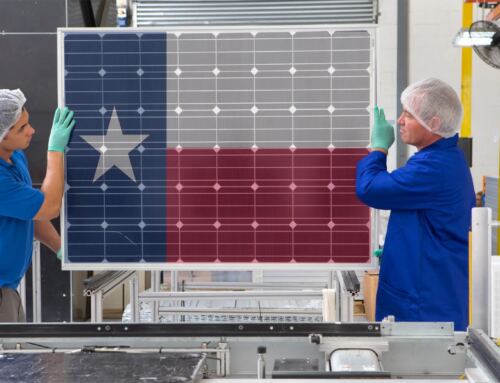

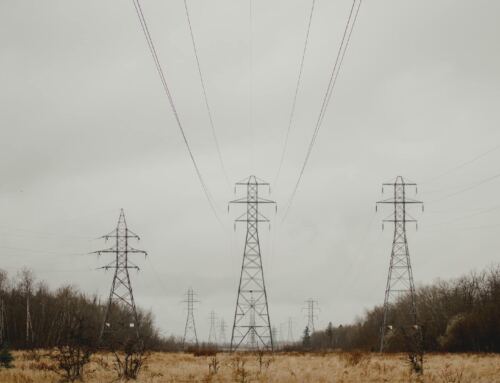
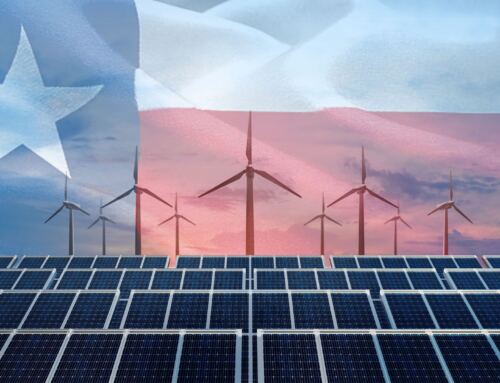
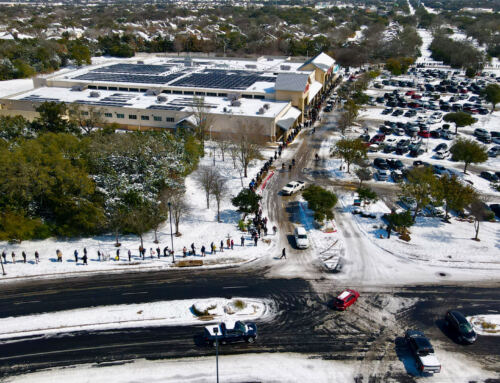
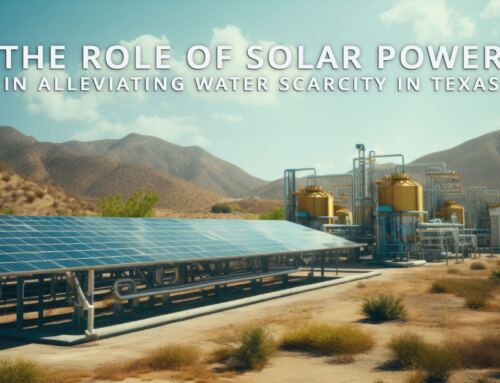
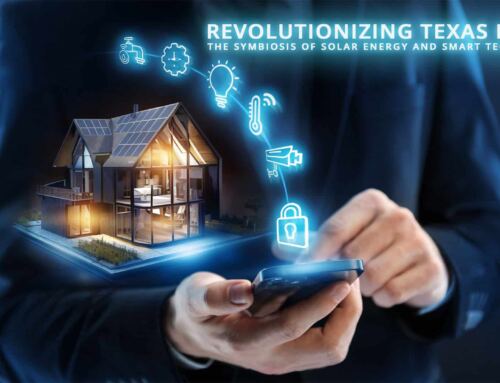
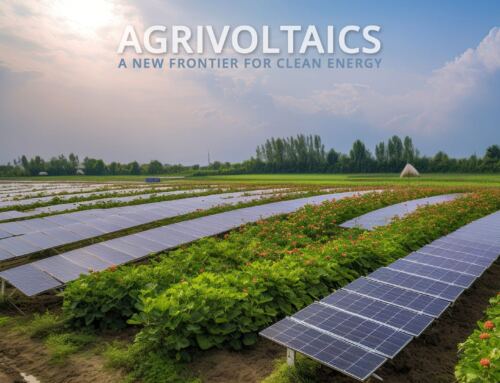
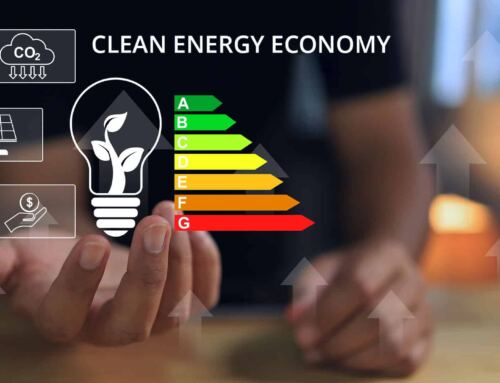
Miki was extremely helpful when we built our energy efficient home in Southwest Travis County in 2011. Her knowledge of efficient homebuilding techniques coupled with Native’s ability to build an extraordinarily efficient home has reaped us enormous rewards in terms of monthly cost savings, and more importantly, the enjoyment of our home.